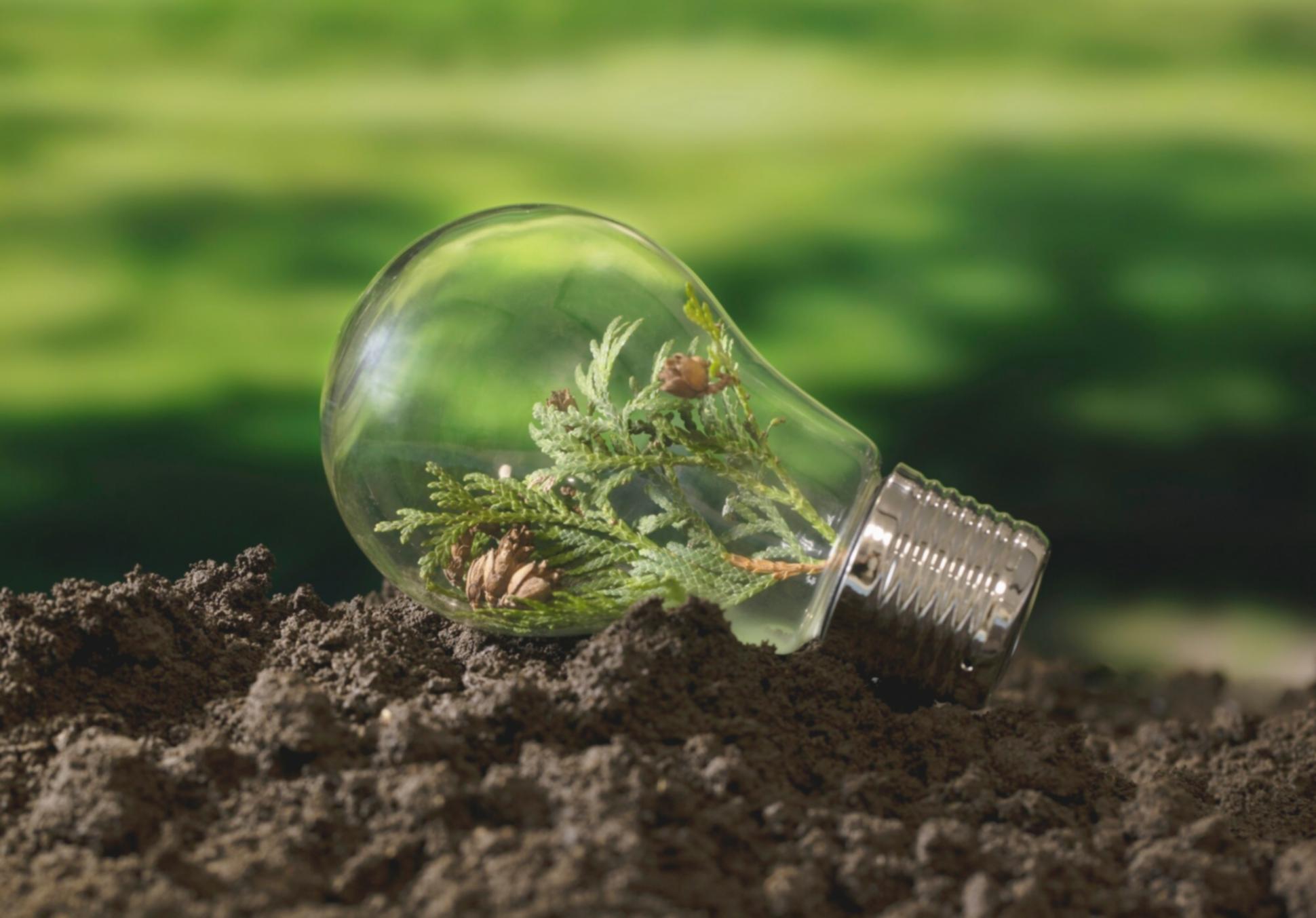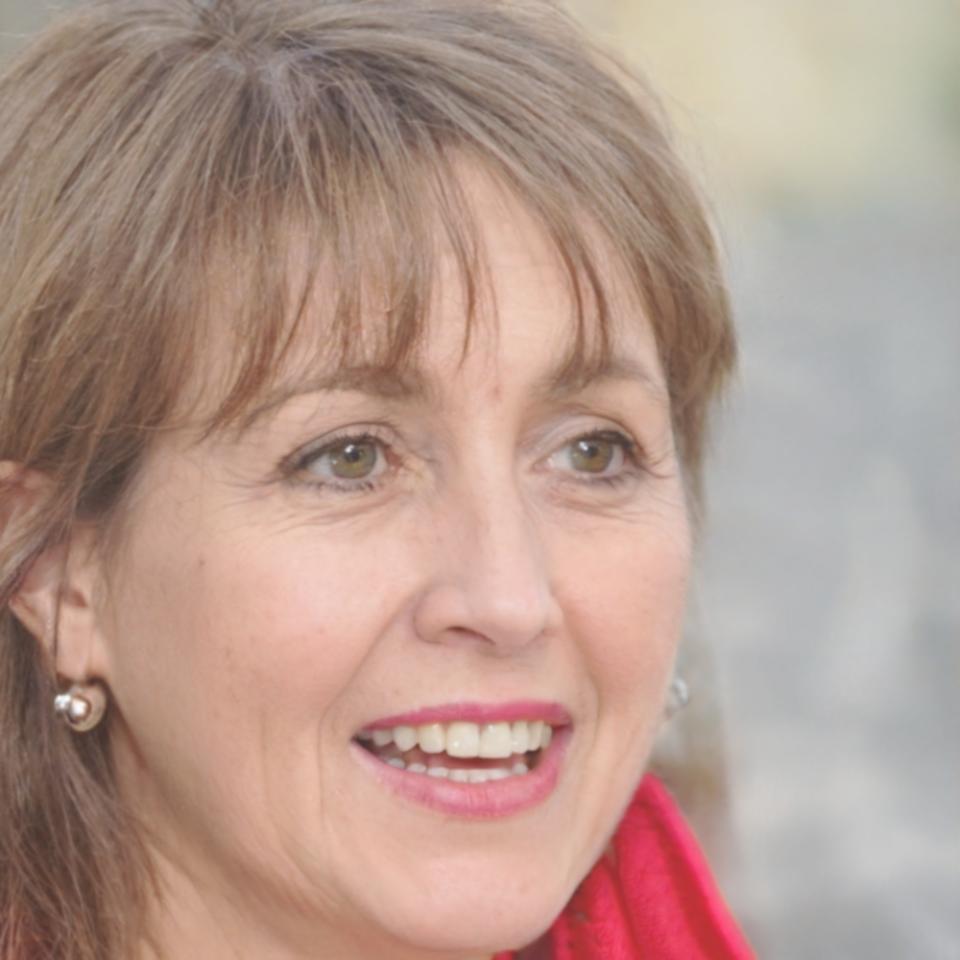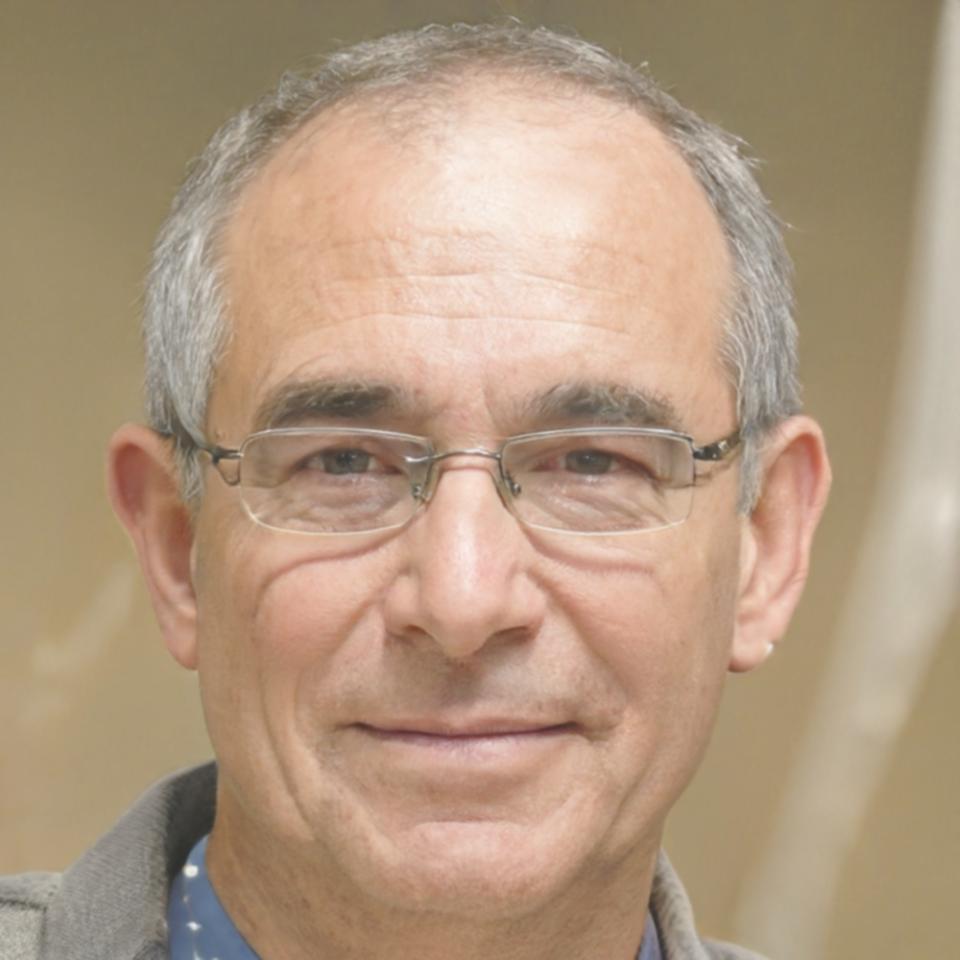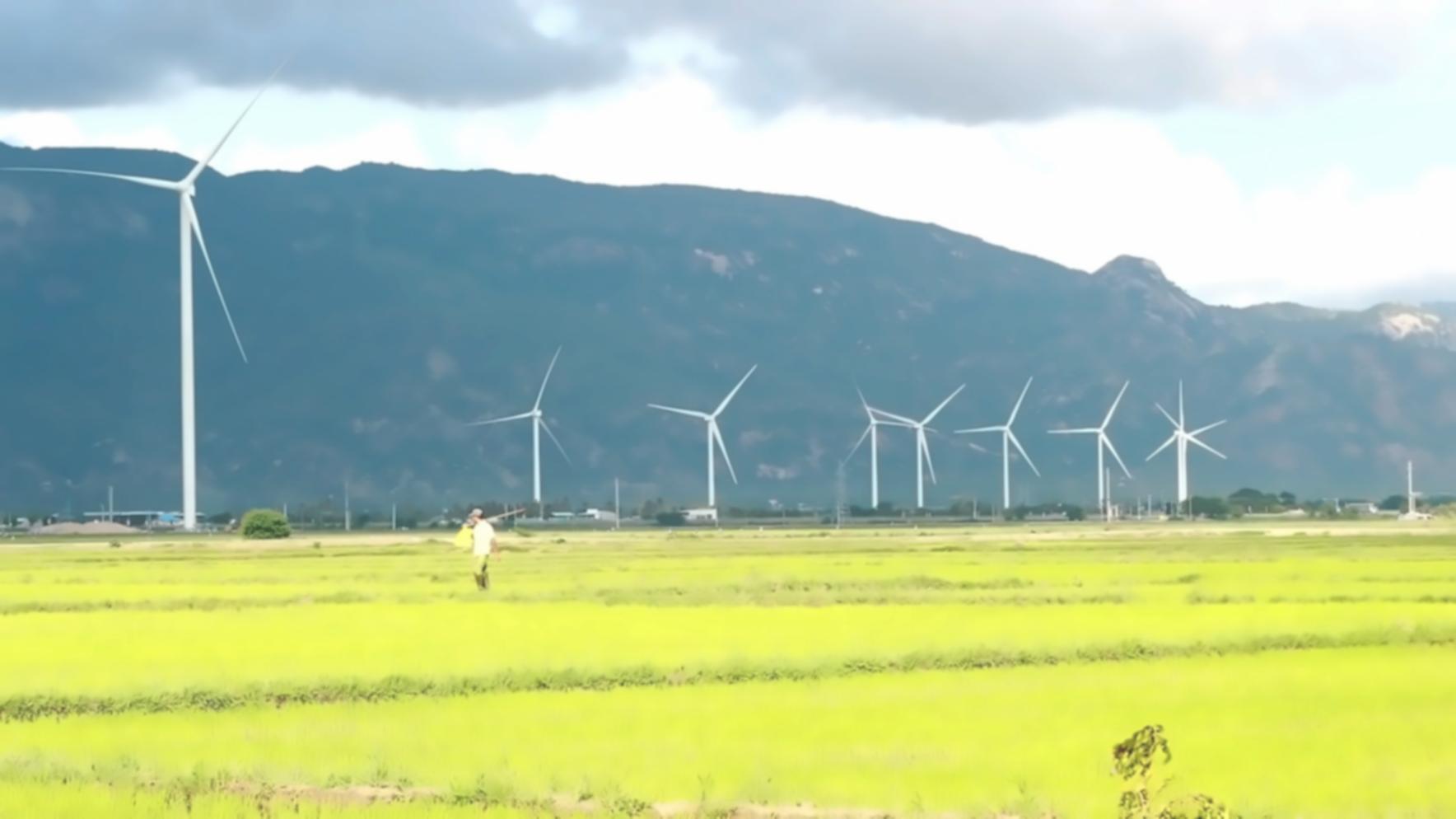Real-World Relevance
Everything we teach comes from actual project experience. We don't believe in theoretical exercises that won't help you succeed when you're standing knee-deep in a creek with a deadline approaching.
What started as two graduate students arguing over sampling methods in a Texas creek has grown into something we never expected. We've spent the last eight years helping people find their place in freshwater ecology—not just as scientists, but as professionals who make real changes in their communities.
The truth is, we know how overwhelming this field can feel. Between understanding complex ecosystems and navigating career paths that seem to change every year, it's easy to feel lost. That's exactly why we do what we do.


Elena spent five years working with restoration projects across the Southwest before realizing she wanted to help others navigate this field more smoothly than she did. Her background in stream assessment and water quality monitoring gives her a practical edge when it comes to understanding what employers actually want. She's the one who'll tell you which certifications matter and which ones are just expensive pieces of paper.

Marcus brings a different perspective—he came into ecology from environmental consulting and knows what it's like to switch career tracks mid-stream. His experience with both government agencies and private firms helps him guide people toward opportunities they might not have considered. Plus, he's surprisingly good at explaining complex sampling protocols in ways that actually make sense.
We've worked in everything from urban streams to remote watersheds. Our programs reflect what you'll actually encounter in the field, not just textbook scenarios.
Through years of consulting work and research collaborations, we've built relationships with agencies and firms that regularly hire freshwater ecologists.
Whether you're coming from a different field or advancing within ecology, we understand the challenges of career pivots and professional growth.
Beyond the science, we focus on skills like project management, client communication, and regulatory compliance that make careers sustainable.

Everything we teach comes from actual project experience. We don't believe in theoretical exercises that won't help you succeed when you're standing knee-deep in a creek with a deadline approaching.
This field isn't easy, and we won't pretend it is. We'll be straight with you about challenges, realistic about timelines, and honest about what it takes to build a sustainable career.
The best freshwater ecologists understand that science serves communities. We emphasize the human side of environmental work and help you develop skills in stakeholder engagement.
